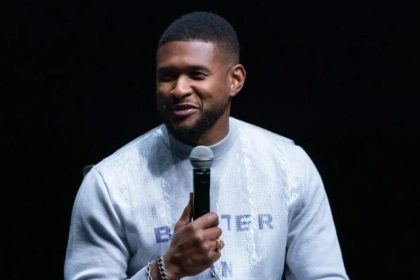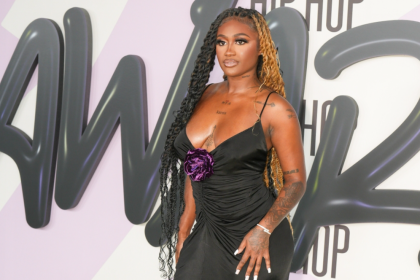In a world where social media influencers hold significant sway over public opinion, a recent study by UNESCO has raised alarming concerns about the prevalence of misinformation among these digital creators. The report highlights that a staggering 62 percent of influencers do not fact-check the content they share, which poses a serious threat to public trust and discourse.
Understanding the study
Conducted in August and September 2024, the UNESCO study surveyed 500 influencers from 45 countries, all with a minimum of 1,000 followers. The findings reveal a troubling trend: while 37 percent of influencers occasionally consult fact-checking websites, many rely on subjective measures such as a source’s popularity or recommendations from friends. This lack of rigorous verification can lead to the spread of false information, which can have far-reaching consequences.
Influencers’ role in shaping public perception
The implications of this study are particularly concerning given that nearly 40 percent of young Americans aged 18 to 29 regularly receive their news from influencers, according to a Pew Research Center study. Unlike trained journalists, many influencers depend on personal experiences or trending topics as their primary sources of information. Notably, 42 percent of surveyed influencers assess a source’s credibility based on the number of likes or views it receives, while only 17 percent prioritize documented evidence. Despite this, 69 percent believe they are promoting critical thinking and digital literacy among their audiences.
Misinformation’s real-world impact
The timing of this report is crucial, coinciding with the 2024 U.S. presidential election, where influencers played a pivotal role in disseminating information. High-profile figures like President-elect Donald Trump and Vice President Kamala Harris utilized influencers and podcasters with large followings to connect directly with voters. However, the lack of fact-checking has real-world implications. Earlier this year, false claims about migrants in Springfield, Ohio, stealing pets went viral, leading to bomb threats and school closures, despite local officials’ efforts to debunk the rumors.
Challenges in combating misinformation
Efforts to combat misinformation have proven challenging for both governments and social media platforms. For instance, platforms like X have implemented “Community Notes” features for fact-checking but often struggle to remove false content effectively. YouTube has also banned the monetization of election-related misinformation, yet continues to profit from such videos.
Opaque funding and sponsored content
Another significant issue highlighted in the UNESCO study is the lack of transparency regarding influencer funding. Over half of the surveyed influencers (53 percent) reported creating sponsored content, yet 7 percent admitted to not disclosing these sponsorships, misleading their audiences. This lack of transparency can further erode trust in the information influencers share, especially when some may inadvertently promote divisive narratives funded by foreign entities. A recent indictment by the U.S. Justice Department revealed that Russia had paid several conservative influencers to spread misinformation, although these influencers were not accused of wrongdoing.
Calls for enhanced media literacy
In light of these findings, UNESCO has called for enhanced media literacy among influencers, advocating for tools and training to help creators identify credible sources and verify facts. The organization stated, “The prevalent lack of rigorous critical evaluation of information highlights an urgent need to enhance creators’ media and information literacy skills.”
While some influencers, like UK journalist Kassy Cho, utilize mainstream media as a foundation for their content, others, such as China-based influencer Zhang Zhaoyuan, rely solely on personal experiences. This disparity underscores the broader challenges in ensuring accuracy across the digital content landscape.
The path forward
As social media continues to dominate the information ecosystem, the need for accountability and transparency among influencers has never been greater. By prioritizing fact-checking and promoting media literacy, influencers can play a crucial role in fostering a more informed public. The responsibility lies not only with the influencers themselves but also with social media platforms and audiences to demand higher standards of accuracy and integrity in the content they consume.

















